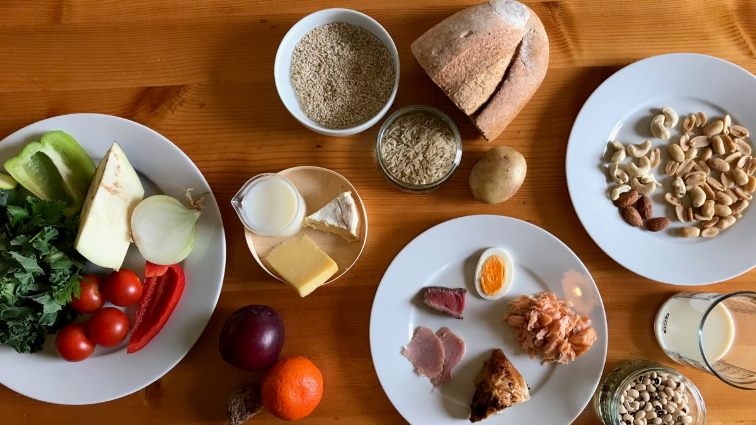According to a Foundation for Human Rights survey entitled Human Rights Diagnosis: Community Advice Offices and COVID-19, access to food remains the biggest challenge South Africans have faced during the pandemic.
The full results of the survey are yet to be released, but Executive Director Hanif Vally about 80 percent of people surveyed cited poverty as the biggest challenge during the lockdown.
Vally says, “Of all the issues, something like 80% of the issues and something like 80% of the people surveyed said that the communities that they were representing, 80% of those guys had problems getting food. There was some food being provided by local government, that amounts to 45%. The food provided by NGO’s about 38% and private donors as well played a role 36% of people said that this is where they are getting food from…”
“But all in all 80% of people interviewed had serious problems accessing food during the lockdown,” Vally says.
A look at the food landscape in a post COVID-19 world:
In May World food prices fell for a third consecutive month in April, hit by the economic and logistical impact of the coronavirus pandemic, the United Nations food agency said on Thursday.
The Food and Agriculture Organization (FAO) food price index, which measures monthly changes for a basket of cereals, oilseeds, dairy products, meat, and sugar, averaged 165.5 points last month, down 3.4% on March.
The FAO sugar price index fell to a 13-year low, plunging 14.6% from March, with the coronavirus crisis hitting demand and tumbling crude oil prices also reducing the need for sugarcane to produce ethanol, the Rome-based agency said.
The vegetable oil price index fell 5.2%, hit by falling palm, soy, and rapeseed oil values, while the dairy index dropped 3.6%, with butter and milk powder prices posting double-digit declines.
The meat index shed 2.7%, with a partial recovery in import demand from China failing to balance a slump in imports elsewhere.
FAO also said major producing countries suffered logistical bottlenecks, while coronavirus lockdowns in many nations had caused a sharp fall in sales.
“The pandemic is hitting both the demand and supply sides for meat, as restaurant closures and reduced household incomes lead to lower consumption and labour shortages on the processing side are impacting just-in-time production systems,” said FAO Senior Economist Upali Galketi Aratchilage.






